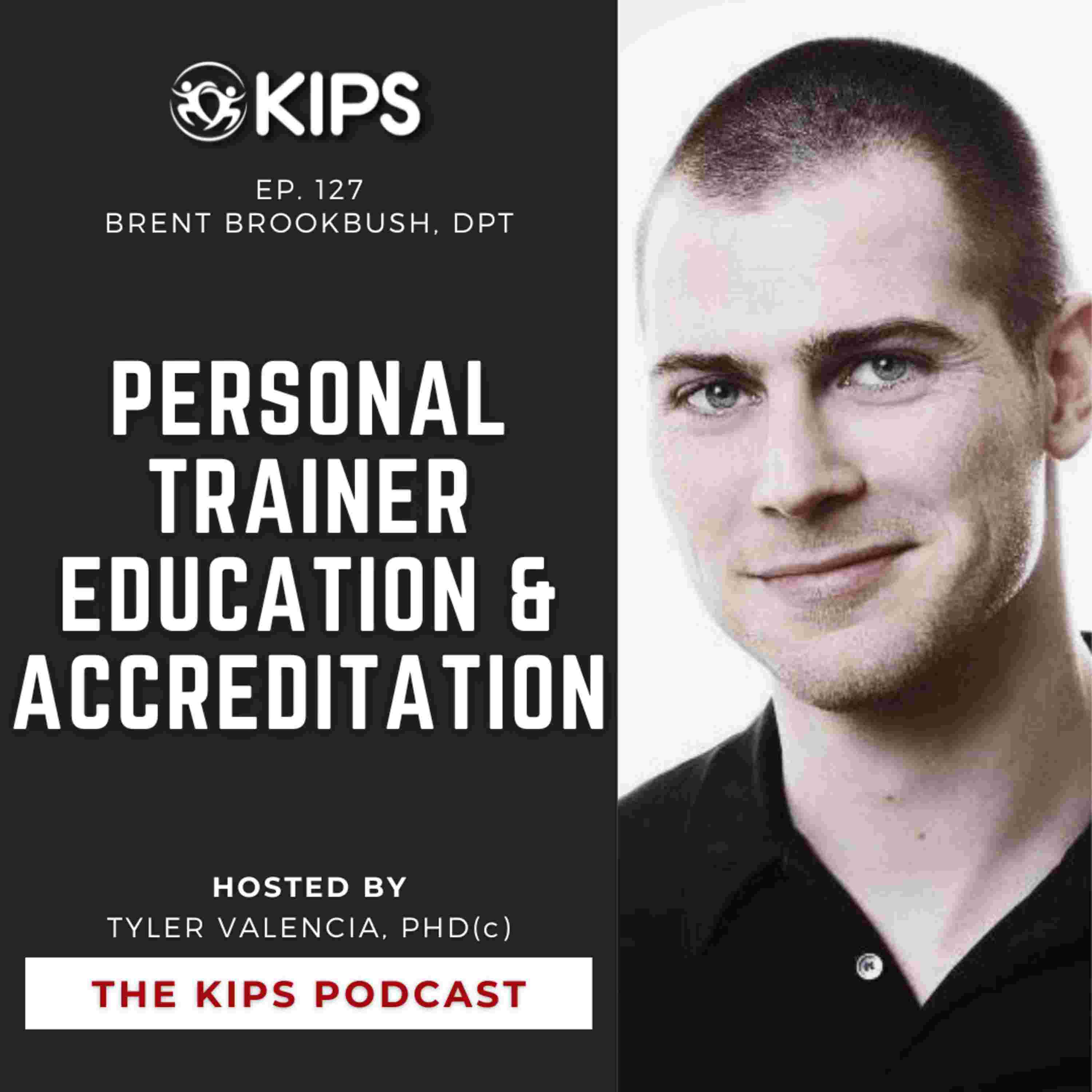

Accreditation for personal trainer certifications has been a central focus for fitness education companies over the past 20 to 25 years. Yet, it is frequently misunderstood by everyday fitness professionals or not even acknowledged by those seeking their first certification. Those seeking to enter the fitness industry as a trainer often seek guidance on the topic, but unfortunately, accreditation is frequently misquoted or improperly cited. A common misbelief is that accreditation involves all the educational programs of the company as a whole, but in reality, accreditation for personal trainers refers to the certification program, specifically the exam.
Brent Brookbush, DPT, who is currently seeking accreditation through the National Commission for Certifying Agencies (NCCA) for the Brookbush Certified Personal Trainer Exam, shares his current experiences and how he has dealt with this topic in the past. Dr. Brookbush owns the Brookbush Institute, which offers online and live education for new and current fitness professionals.
What is personal trainer accreditation?
Accreditation for personal trainer certifications ensures that the program meets established standards of quality and credibility. It involves a rigorous evaluation process by a recognized accrediting body, which assesses the curriculum, instructor qualifications, and assessment methods. Accredited certifications are necessary to assure clients that trainers have met specific educational and competency benchmarks. This recognition helps promote professional standards in the fitness industry, enhances the trainer's credibility, and often increases employability.
“Theoretically”, How Accreditation Can Help Personal Trainer Education
In theory, accreditation can enhance personal trainer education by establishing standardized benchmarks that programs must meet to ensure quality and effectiveness. Accredited programs undergo a thorough evaluation process, which includes assessing the curriculum, teaching methodologies, and assessment techniques. As discussed in this episode, the most popular accreditation organization used to evaluate personal trainer education does not review the actual education. This sticking point is often an issue for many fitness educators working towards improving the standard of personal trainer education.
As Dr. Brookbush discussed, working with other fitness education organizations during the Job Task Analysis (JTA) can help set a standard of skills and knowledge that personal trainers should understand and can help create a fair and proficient exam. In the current market, the JTA is often skewed by the subject matter experts or includes trademarked information pertinent to individual fitness education companies.
What skills does a personal trainer need on day one?
A personal trainer should possess several key skills on their first day to ensure a successful start. Strong communication skills are essential for effectively instructing clients and understanding their needs. Active listening helps trainers assess individual goals and fitness levels. A solid knowledge of anatomy and exercise techniques is crucial for providing safe and effective workouts. Additionally, motivational skills are essential for inspiring clients to achieve their fitness goals.
As Dr. Brookbush states in the episode, many new personal trainers believe they will start training athletes immediately. However, trainers should be prepared to program for general audiences who aren’t physically ready for exercise. Safely training the general population can help new trainers develop the conversation skills and cueing needed for working with this demographic.
https://www.instagram.com/brookbushinstitute/
https://www.facebook.com/BrentBrookbushHMS
https://www.youtube.com/@BrookbushInstitute/
Join our email list - CLICK HERE.
KIPS on Instagram -CLICK HERE.
KIPS Education Courses -CLICK HERE.